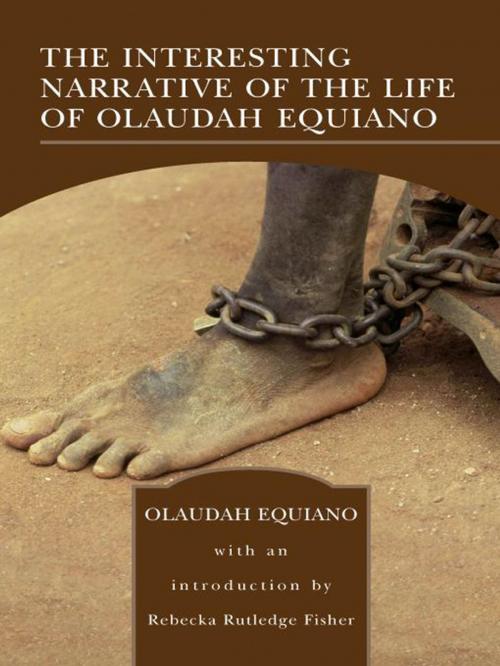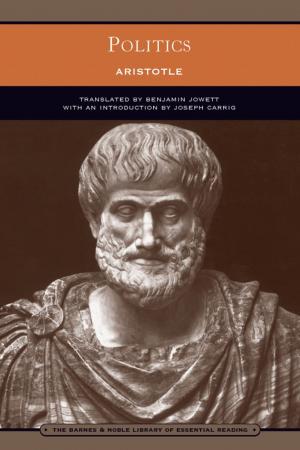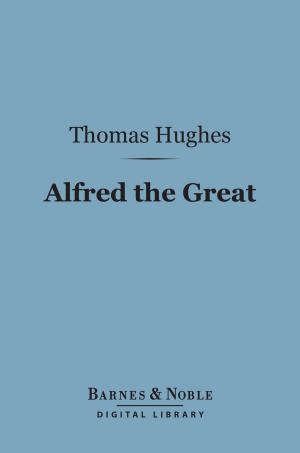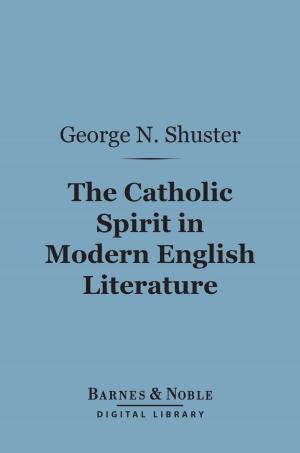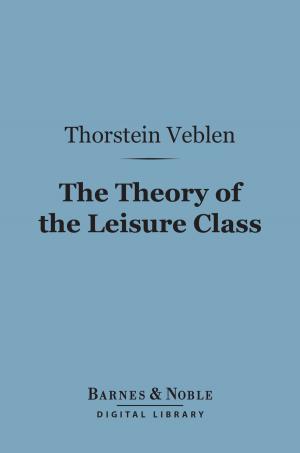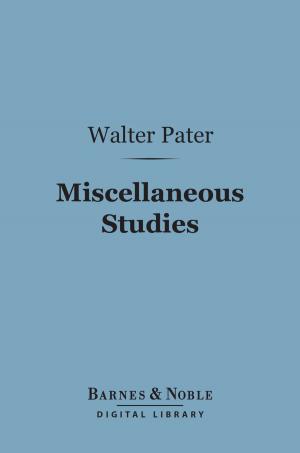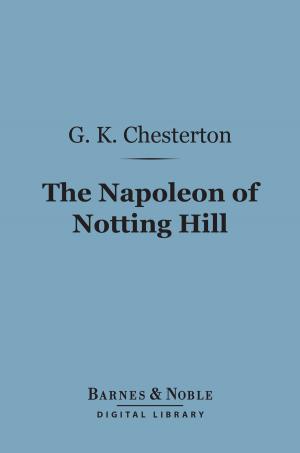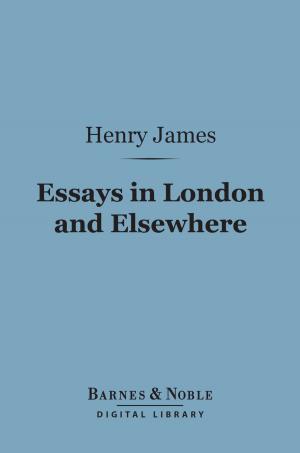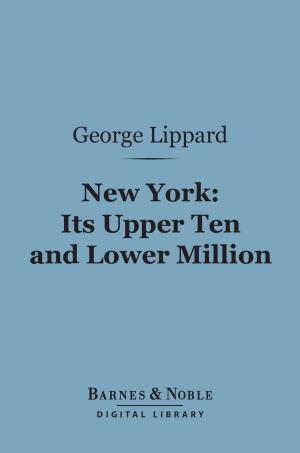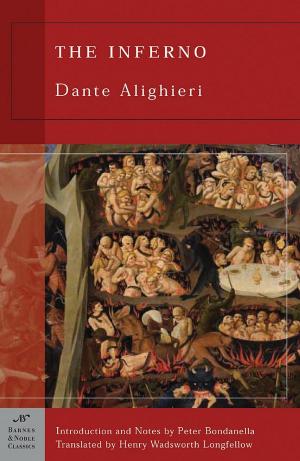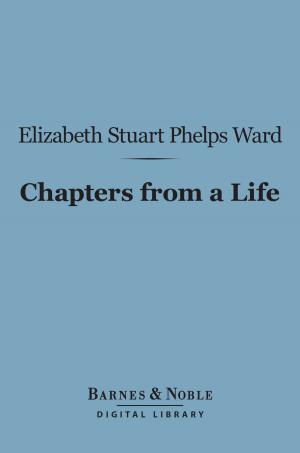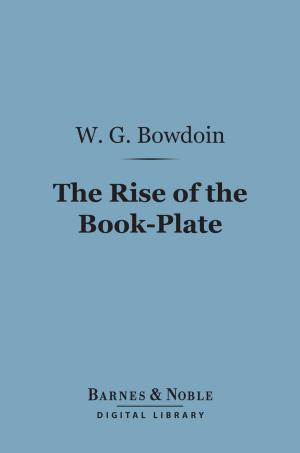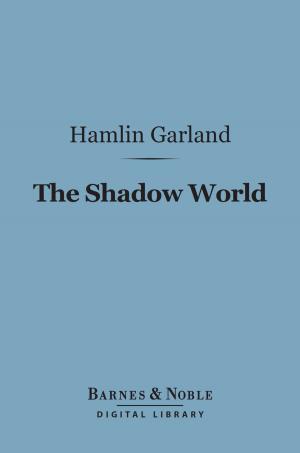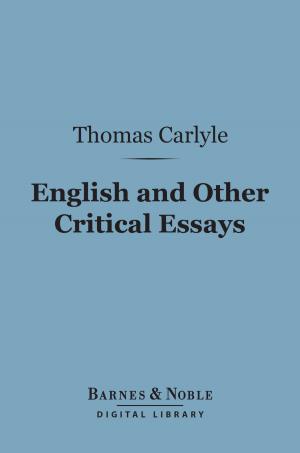The Interesting Narrative of the Life of Olaudah Equiano (Barnes & Noble Library of Essential Reading)
(or Gustavus Vassa, The African, Written by Himself)
Biography & Memoir| Author: | Olaudah Equiano | ISBN: | 9781411430365 |
| Publisher: | Barnes & Noble | Publication: | September 1, 2009 |
| Imprint: | Barnes & Noble | Language: | English |
| Author: | Olaudah Equiano |
| ISBN: | 9781411430365 |
| Publisher: | Barnes & Noble |
| Publication: | September 1, 2009 |
| Imprint: | Barnes & Noble |
| Language: | English |
The Interesting Narrative, published in 1789 to considerable acclaim, has been compared to Daniel Defoe's Robinson Crusoe and reviewed by Mary Wollstonecraft. Equiano's life and work took shape in an era of revolution—against slavery, against injustice, against tyranny. Moreover, Equiano's Narrative was deeply informed by the forces that have given the modern nation-state its present recognizable characteristics. Equiano effectively challenges concepts of Englishness as an absolute ethnic category. His narrative stands as one of the earliest written works of literature by an African of the diaspora, and is certainly one of the earliest works in Western history to combine the genres of spiritual autobiography, social protest, abolitionist tract, and travelogue in such a way as to mark him a significant commentator upon and a vocal critic of the ideals of the Enlightenment.
The Interesting Narrative, published in 1789 to considerable acclaim, has been compared to Daniel Defoe's Robinson Crusoe and reviewed by Mary Wollstonecraft. Equiano's life and work took shape in an era of revolution—against slavery, against injustice, against tyranny. Moreover, Equiano's Narrative was deeply informed by the forces that have given the modern nation-state its present recognizable characteristics. Equiano effectively challenges concepts of Englishness as an absolute ethnic category. His narrative stands as one of the earliest written works of literature by an African of the diaspora, and is certainly one of the earliest works in Western history to combine the genres of spiritual autobiography, social protest, abolitionist tract, and travelogue in such a way as to mark him a significant commentator upon and a vocal critic of the ideals of the Enlightenment.
